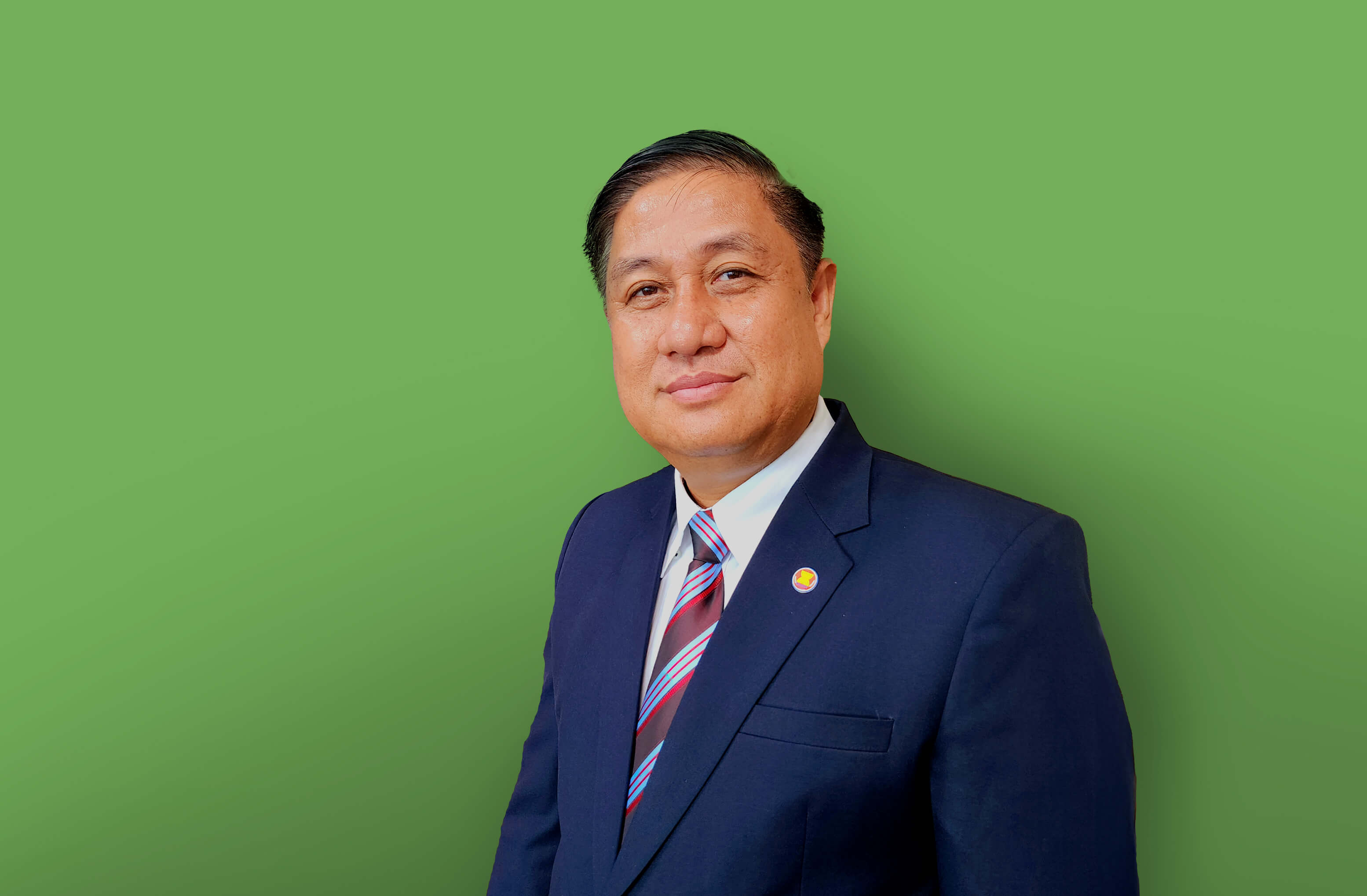



Transforming education is both an imperative and an opportunity. Our region’s net enrolment and completion rates in primary and secondary education have markedly increased. Substantial progress has also been made towards achieving gender parity in gross enrolment in primary education. The education sector boasts significant developments in promoting higher education and lifelong learning.
While the COVID-19 pandemic has caused setbacks and learning losses, the education sector recognised that the recovery phase is crucial, demanding a comprehensive and multi-faceted policy response. It has been a time of building on the ASEAN education sector’s many initiatives, recalibrating our programmes, and planning to redress lost gains and pave the way for more lasting and inclusive growth.
Even before the pandemic-induced crisis, ASEAN has been dedicated to shaping an education system that meets the demands of the 21st century. The ASEAN Declaration on the Digital Transformation of Education Systems in ASEAN was adopted by the ASEAN Leaders in 2022. Digital transformation is a critical component of the future, and it is a powerful tool that can revolutionise learning and teaching methods, making education more accessible and effective. ASEAN is also looking forward to implementing the Roadmap of the Declaration on the Digital Transformation of Education Systems in ASEAN and the improvements it will bring to learning delivery in the region.
The ASEAN Declaration on Early Childhood Care and Education in Southeast Asia reaffirms the importance of providing every young child in ASEAN with access to quality early childhood care and education (ECCE). Adopted at the 43rd ASEAN Summit in Jakarta, this document lays the foundation for their full developmental potential as adults to participate successfully in economic, social, and civic life.
This year, the Lao PDR’s ASEAN Chairmanship theme is “ASEAN: Enhancing Connectivity and Resilience.” It reinforces ASEAN’s collective efforts to strengthen the ASEAN community, seize opportunities, and effectively address present and emerging challenges. To do so, ASEAN continues to double down on education efforts by highlighting its cross-cutting activities such as the environment, Science and Technology (S&T), as well as entrepreneurship and innovation.
Several initiatives across the ASEAN Community have and will emerge from these efforts. The Vientiane Statement on Equity, Access and Environment: Advancing Climate Resilience in Early Childhood Settings in ASEAN acknowledges the impact of the climate crisis on children, especially those from the most vulnerable backgrounds. ASEAN strives to strengthen the capacity of all ASEAN Member States to integrate climate resilience into ECCE planning and actions.
The ASEAN Regional Guidance for the ASEAN Member States on Strengthening the Role of Social Workers and the Social Service Workforce in the Education Sector is intended to support ASEAN in ensuring an integrated child protection system. The regional guidance considers the crucial role of social workers, linking or deploying them at schools to protect children from all forms of violence, abuse, and neglect.
The Science, Technology, and Innovation Cooperation (STIC) Talent Mobility Portal/ ASEAN Online Education Platform for Industry 4.0 is a key component of the Lao PDR’s Priority Economic Deliverable for 2024. The learning portal was launched earlier this year and offers access to a wide array of upskilling and reskilling courses on S&T and Entrepreneurship and Innovation designed by leading universities in the United States.
Accelerating digital transformation and innovation is crucial to ASEAN’s Post-2025 vision. We are bolstering our regional efforts in early childhood care and education, enhancing the quality of our educators, upgrading infrastructure, and providing avenues for continuous learning and skills development.
Our unwavering commitment to ensuring equitable access to education for all remains at the core of these initiatives. Ultimately, our goal is to provide our people with opportunities for learning and development, empowering them to make meaningful contributions to their communities and the larger ASEAN Community.





